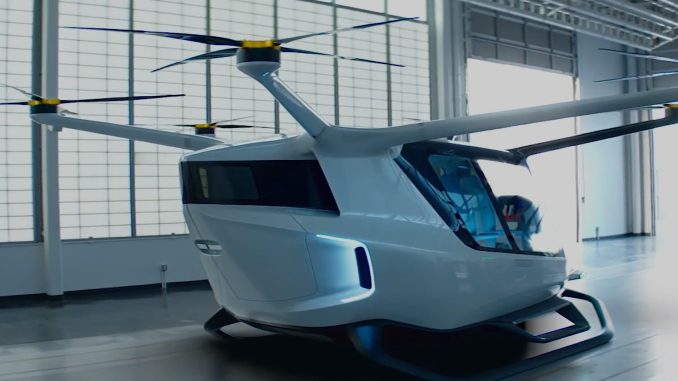
The potential of hydrogen fuel cell technology to power zero-carbon flight is being developed with the help of experts at Coventry University. A three-year project called HEIGHTS has just secured GBP 17 million in government-backed funding from the Aerospace Technology Institute (ATI) Programme.
HEIGHTS is led by UK hydrogen fuel cell manufacturer Intelligent Energy, and aims to ready the company’s fuel cell power system for the next generation of zero-carbon aircraft. Initially this will be for electric Vertical Take-off and Landing (eVTOL) aircraft, which Coventry University says “are set to enter service by the end of the decade”, before targeting larger regional aircraft in the 2030s.
Coventry University’s role in HEIGHTS is to develop advanced health monitoring and diagnostic technologies that provide a better understanding of the condition of the fuel cell during service.
“Most of the technology development around hydrogen fuel cells to date has focused on automotive applications in cars and heavy vehicles like buses,” said Dr Oliver Curnick, Professor of Electrochemical Engineering at the university’s Research Centre for E-Mobility and Clean Growth. “The requirements in terms of safety, reliability and power are understandably much higher in aerospace, and for a fuel cell to compete with a jet engine, it must be very power-dense and impeccably reliable.”
The university will develop technologies to monitor the health of the fuel cells. “At present this is done in quite a basic way; typically by simply measuring the voltage of each cell in the stack,” Dr Curnick explained. “This requires hundreds or even thousands of electrical connections, each of which is a potential failure point, particularly in an aircraft that is susceptible to vibrations and temperature changes. In HEIGHTS we’re developing an approach that we’ve applied previously to Li-ion batteries, which integrates sensors into the cells themselves with no external connections, enabling us to improve reliability and diagnostics.
“It’s important that we work to accelerate the adoption of hydrogen fuel cell technology in aviation, as there simply aren’t any viable alternatives for truly zero-emission, long-distance flight.”
David Woodhouse, CEO of Intelligent Energy said HEIGHTS is about getting hydrogen-powered aircraft in the air, and into service at scale, as quickly as possible. “We firmly believe that hydrogen will be the primary energy source for flight, initially for smaller aircraft but eventually in the longer term for everything that flies.”
For more information
(Image: Skai is a hydrogen powered eVTOL concept from Alkai)

